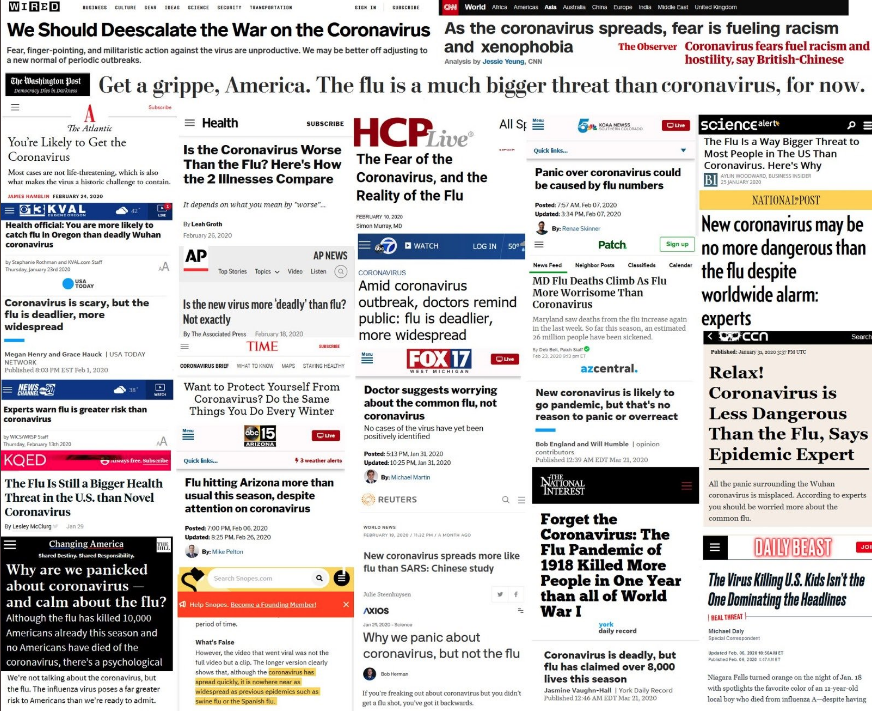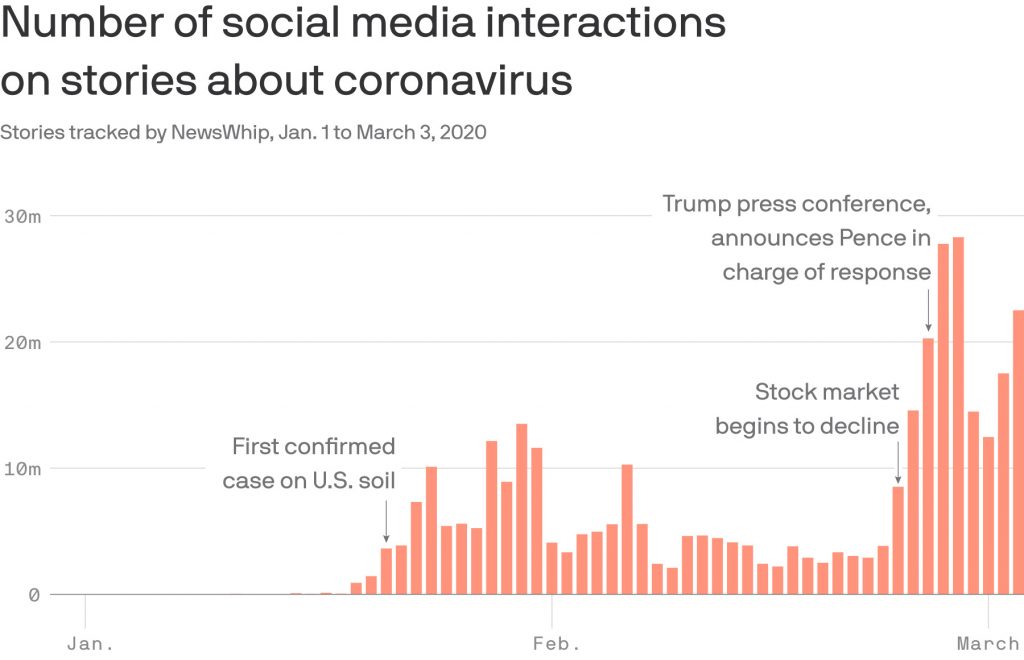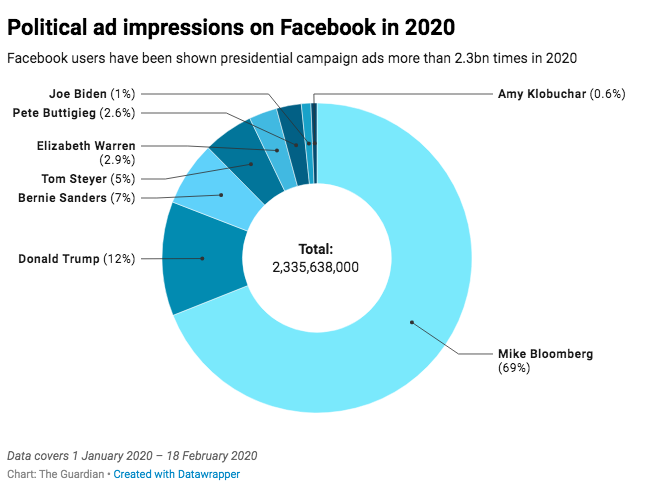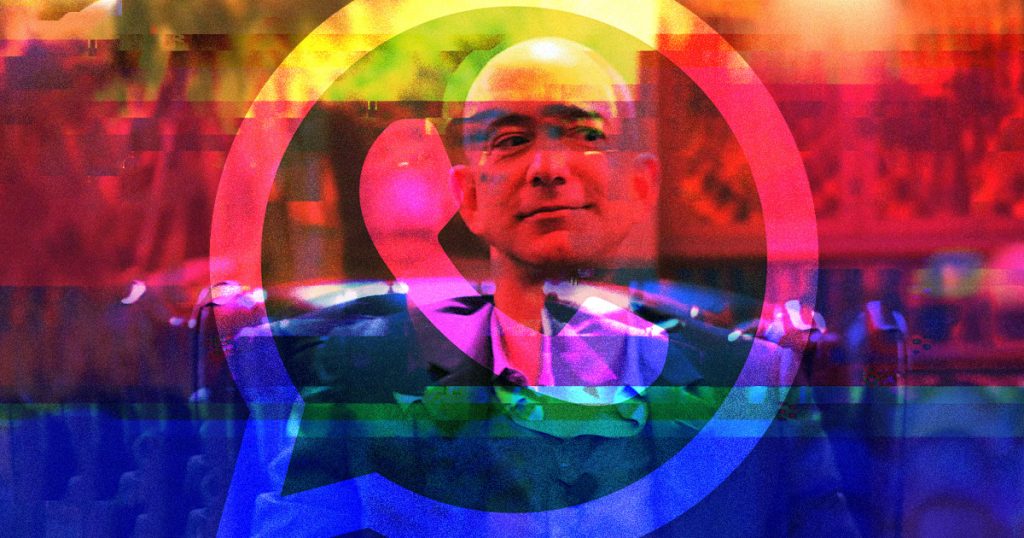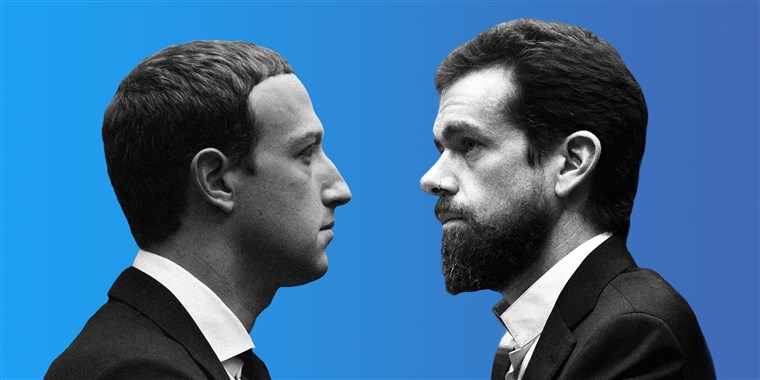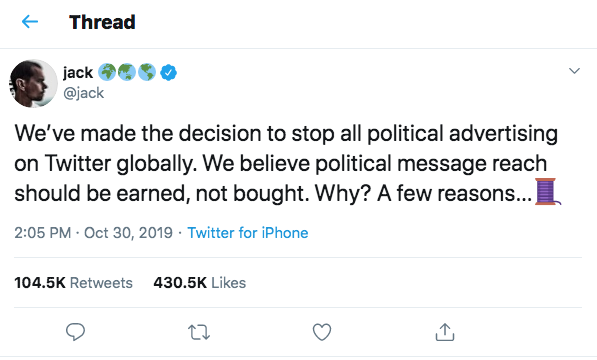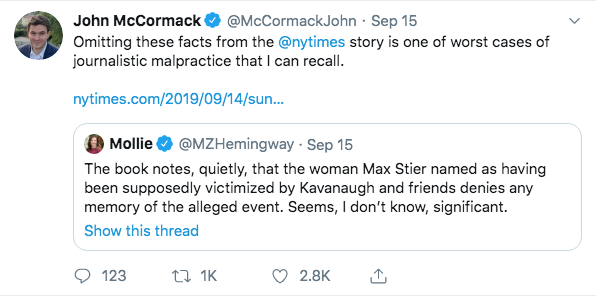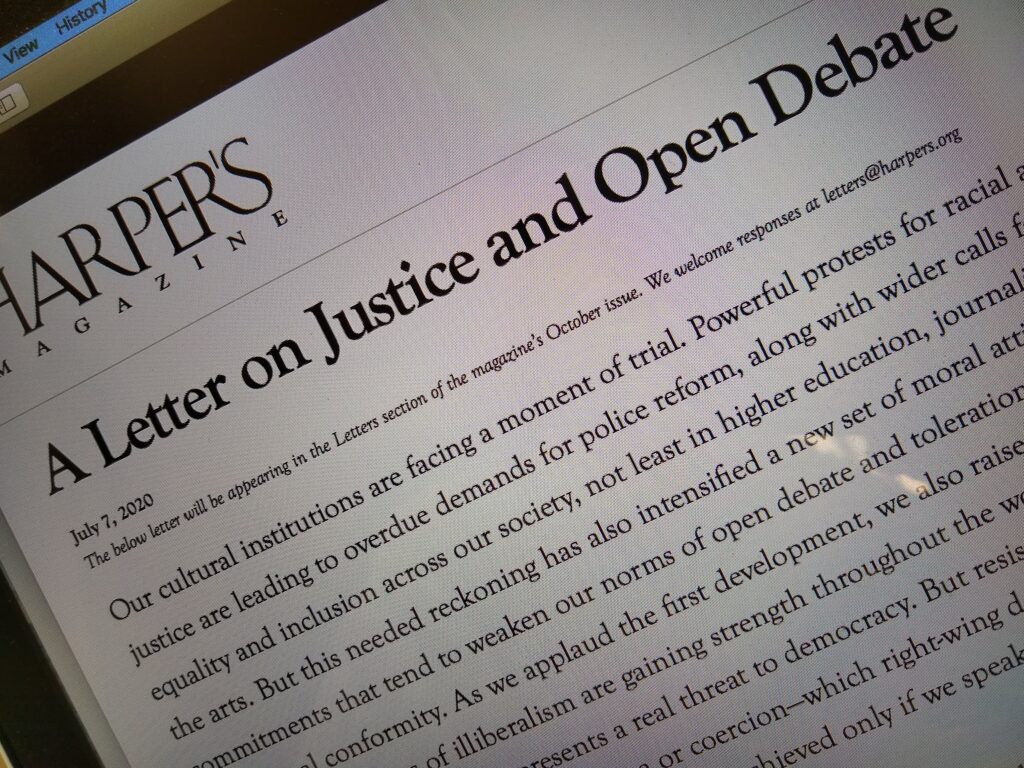
Remember the saying “live and let live”? Another variation was, “to each his own.” Those were quaint ideas. I suppose the latest iteration is “you do you” or something to that effect. However you choose to express it, the idea is to give individuals personal space to hold their own opinions, ideas, preferences, and even actions (to a point) without judgement or condescension. Those days are long gone.
You may have heard the phrase “cancel culture” bandied about in conversation. Depending on who’s wielding it, the phrase itself can be a put-down intended to stifle an opposing view. But at its core the idea of cancel culture is the illiberal or fundamentalist notion that opinions and ideas outside of the accepted norm must be squelched. Fundamentalism is another useful idea to explain what’s going on. Fundamentalism is often used to describe religious extremism, and in fact the Taliban and other extreme religious groups demonstrate the kind of intolerance that we’re talking about. One might even think of this current movement as a type of religious adherence to modern tenets of “faith” that privilege feelings and identity over contrary facts. Cancel culture results in speakers being disinvited or shouted down. It results in reporters and editors being dismissed from their jobs for writing or publishing something that is interpreted as hurtful. It results in academics and researchers being reprimanded for researching or teaching ideas that have fallen out of favor among the “woke” class.
A very recent example of this “illiberal” mindset can be seen in the reaction to A Letter on Justice and Open Debate, to be published in the October edition of Harper’s magazine. A firestorm of controversy erupted when it became apparent that the letter, and its signatories, transgressed the bounds of accepted thought…which, of course, was inevitable since the letter was intended to push back on narrow-minded views of what is acceptable discourse. Jesse Singal, one of the signers of the letter, wrote an interesting piece in Reason that makes this point. Twitter has been abuzz with opinions on the letter and the fallout from both conservative and progressive points of view.
This debate is really about the conflict between traditional liberals and those to their left who have prioritized social justice reforms. Freddie de Boer addresses the tension between those who traditionally support free speech and those who see free speech as an unfortunate feature/bug that allows their adversaries a platform. But ultimately, like most cultural debates, it comes down to power. Who has it, who wants it, and how traditional and new media can be harnessed to shape the narratives that tip the balance.
Sources:
* https://harpers.org/a-letter-on-justice-and-open-debate/
* https://reason.com/2020/07/08/the-reaction-to-the-harpers-letter-on-cancel-culture-proves-why-it-was-necessary/
* https://fredrikdeboer.com/2020/07/07/ending-the-charade/

